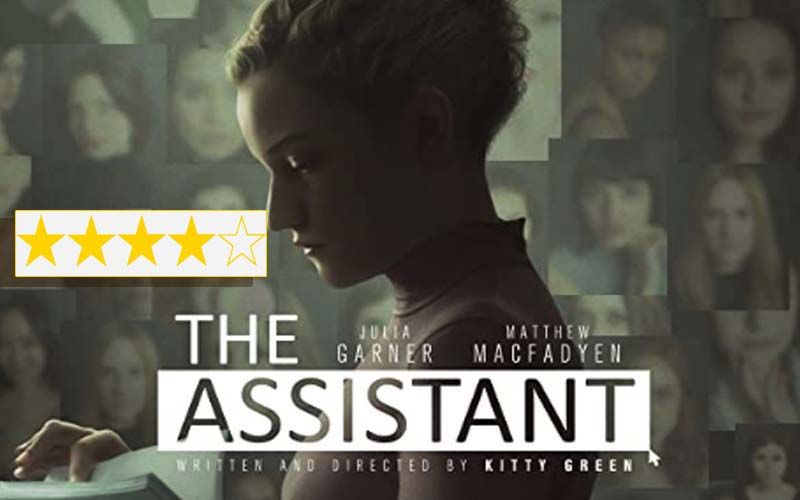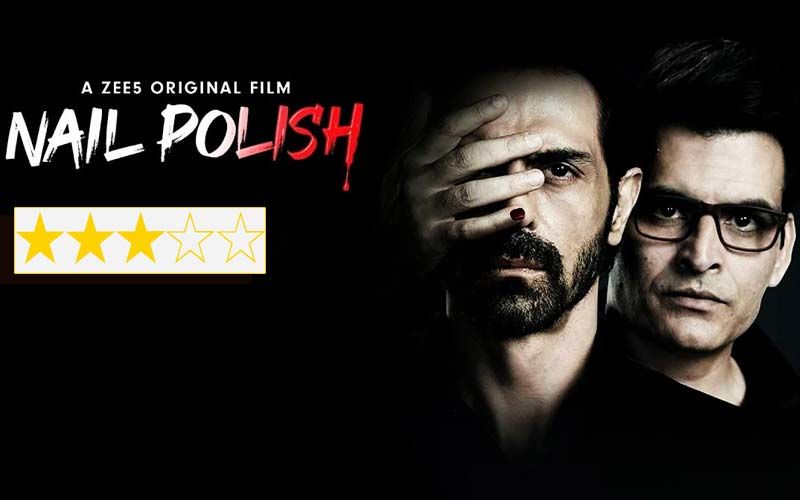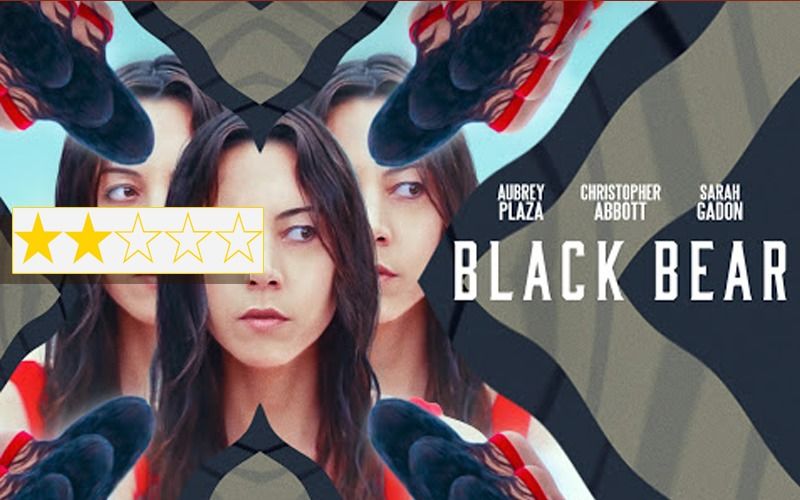The Assistant Review: This Kitty Green Directorial Is A MeToo Masterpiece
Check out our review of Kitty Green's The Assistant, premiering on Amazon Prime.


He said it in a heavily sarcastic tone. But the truth is, much of the behavior that was thought to be normal at the workplace is no longer so. The Assistant doesn’t lay out an elaborate blueprint to trap the men around the film’s heroine to behave in a predatory manner. Jane is the fly on the wall—plane Jane?—who has been newly recruited as an assistant in a movie producer’s office.
I am told the office is modeled on Harvey Weinstein’s Miramax. It could be. But it could be anywhere else. Jane’s job is to do everything from booking her boss’ flight tickets to making his coffee, ordering his favourite meal, escorting delegates into the office, fielding the boss’ angry wife’s tantrums, and playing doggie-doggie with the boss’ little daughter in the waiting room while Boss and Wife battle it out inside.
Jane’s life is recorded entirely from her perspective. In that sense, she is the heroine of the film in the truest sense. But then, she is not the master of destiny. Isn’t that ironic? Or maybe just tragic? At times director Kitty Green shoots the muffled office bustle like a documentary. We get to know of Jane’s position in the hierarchy in no blatant way. This is not a film that offers us easy sides to choose from.
And when Jane hops over to HR to complain of possible harassment, she sounds unconvincing, because what she reports as harassment has been acceptable and accepted behavior for generations. Jane’s conversation with the HR head (played with brilliant insidiousness by Matthew Macfadyen) goes downhill rapidly. It is evidence of how far the MeToo movement has come in search of gender equality.
I am afraid the picture is not encouraging. This is not a film about flag-waving, bra-burning be damned. Kitty Green takes us so close to Jane’s vulnerabilities we can hear suppressed sobs. In the end, we are left with no answers. Jane is where she is. In a violently vulnerable place where the Boss (never shown in the film) calls the shots. In one day, Jane has to send him two email apologies. She probably apologised for before. She will apologise the next day too. If she wants to keep her job.
As Jane, Jennifer Garner is just so heartbreaking in her solitude. She has no one to confide in. Not in the office. Not outside. If she shares her agonizing conflict with her parents they will freak out, order her back to her hometown immediately. Power gives an office worker confidence. And Jane is powerless. She swallows her pride and prepares for another day. We have no idea where she will go from here. What we’ve seen is enough.
Image source: Instagram/theassistantfilm, Youtube/AmazonprimeVideo, IMDb





__2024-11-22-6-45-35_small.jpg)
